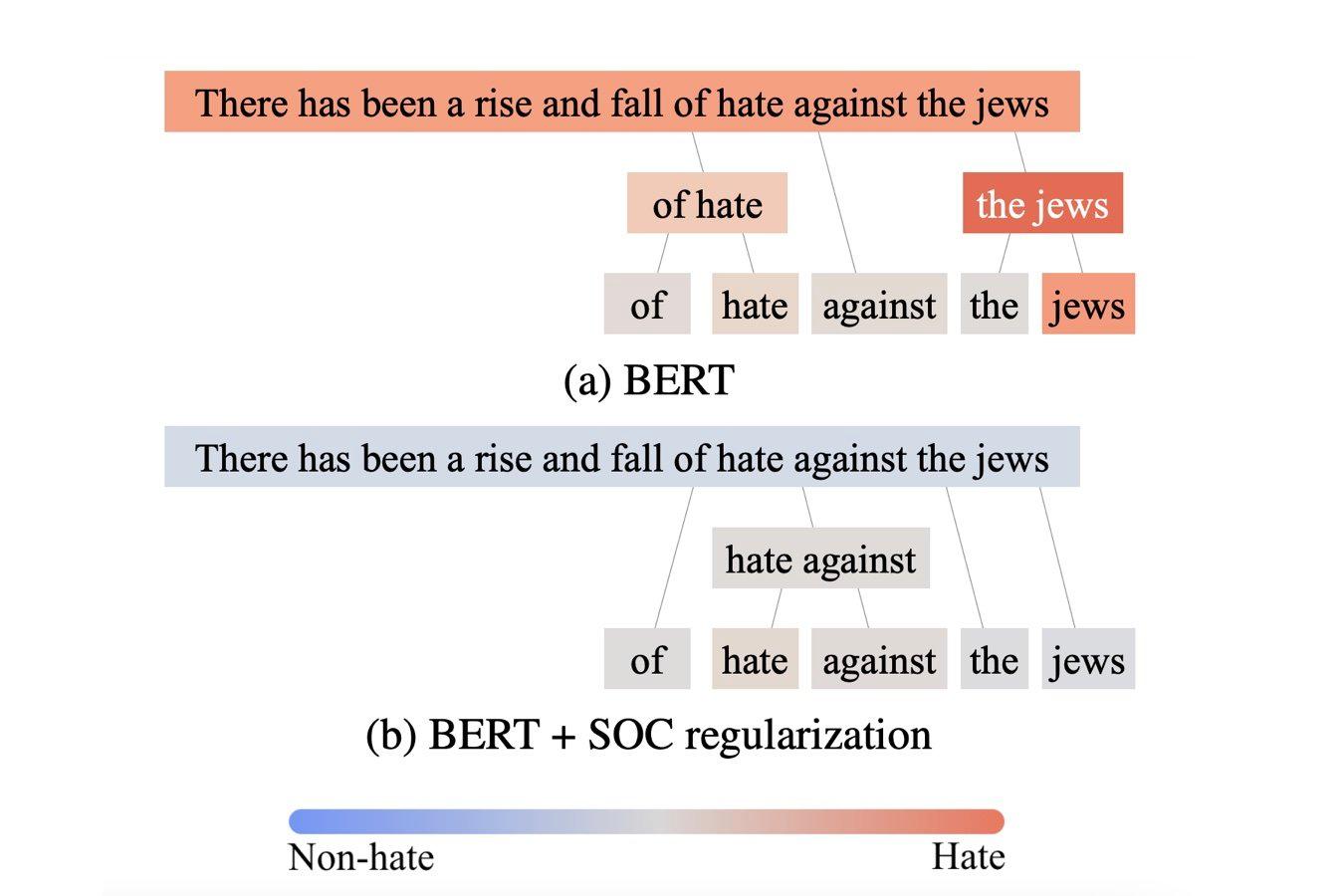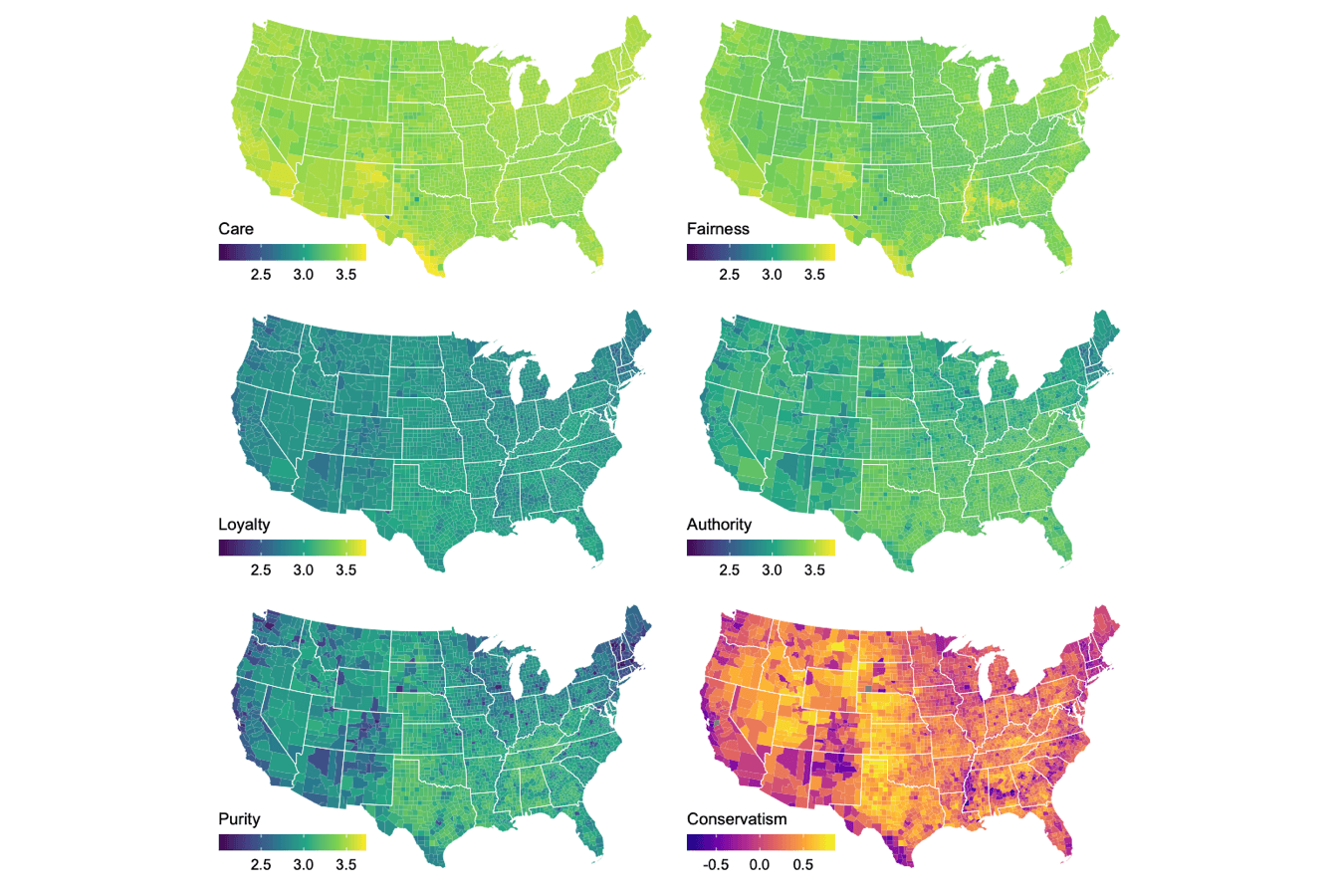Mostafazadeh Davani, A., Atari, M., Kennedy, B., Dehghani, M. (2022). Transactions of the Association for Computational Linguistics.
Research

How can natural language processing techniques be improved to conduct analyses of more sophisticated psychological constructs? How can psychological theories be used to tackle fairness and bias related issues in NLP? Relatively little natural language processing research has focused on measuring complex psychologically relevant variables in a manner that enables inferential testing. Accordingly, we are interested in devising approaches that allow us to both exploit natural language processing techniques and make inferences about a priori specified phenomena. We are also interested in using theories from psychology to improve issues related to bias and fairness in NLP.
Kennedy, B., Jin, X., Mostafazadeh Davani, A., Dehghani, M., Ren, X. (2020). Proceedings of the 58th Annual Meeting of the Association for Computational Linguistics.
Omrani, A., Ziabari, A. S., Yu, C., Golazizian, P., Kennedy, B., Atari, M., Ji, H., & Dehghani, M. (2023). Proceedings of the 61st Annual Meeting of the Association for Computational Linguistics.

What can expressions of values in the real-world tell us about people’s individual behaviors and group dynamics? What is the relation between moral concerns, extreme behavioral expressions of prejudice and acts of hatred? We investigate the motivations underlying such behaviors as a function of moral values and propose that such extreme behaviors may often be best understood as morally motivated behaviors grounded in people’s moral values and perceptions of moral violations. We use a collection of methods from machine learning, natural language processing, and geo-spatial analysis to collect precise and dynamic measurements of human values without solely relying on the survey-based methods that currently dominate values research. We use these measurements to study the relationship between human values and environmental and psychological factors and to predict real-world behaviors related to extremism and hate.
Hoover, J., Atari, M., Mostafazadeh Davani, A., Kennedy, B., Portillo-Wightman, G., Yeh, L., Dehghani, M. (2021). Nature Communications.
Kennedy, B., Atari, M., Mostafazadeh Davani, A., Hoover, J., Omrani, A., Graham, J., Dehghani, M. (2021). Cognition.
Atari, M., Mostafazadeh Davani, A., Kogon, D., Kennedy, B., Saxena, N. A., Anderson, I., Dehghani, M. (2021). Social Psychological and Personality Science.
Mooijman, M., Hoover, J., Lin, Y., Ji, H., Dehghani, M. (2018). Nature Human Behavior.

How can spatial variation of psychological constructs be used to investigate regional association between psychological phenomena and real-world outcomes? Much of social science research necessarily focuses on constructs that have been abstracted away from the actual environments in which they occur. Further, considerable efforts are typically made to isolate effects in order to establish parsimonious theoretical and statistical models. Such strategies are essential for building basic knowledge of human phenomena. However, while such estimates can be useful for understanding a phenomenon in general, they are typically not useful for making location-specific predictions, which requires accounting for environmental and spatial variation, not marginalizing over it or treating it as random noise. In this line of work, we use geo-spatial analysis to investigate how various psychological constructs are distributed across space, and how we can use this variance to make predictions about real-world phenomena.
Reimer, N. K., Atari, M.∗, Karimi-Malekabadi, F.∗, Trager, J., Kennedy, B., Graham, J., & Dehghani, M. (2022). American Psychologist.
Hoover, J., Dehghani, M. (2020). Psychological Methods, 25(4):412-429
